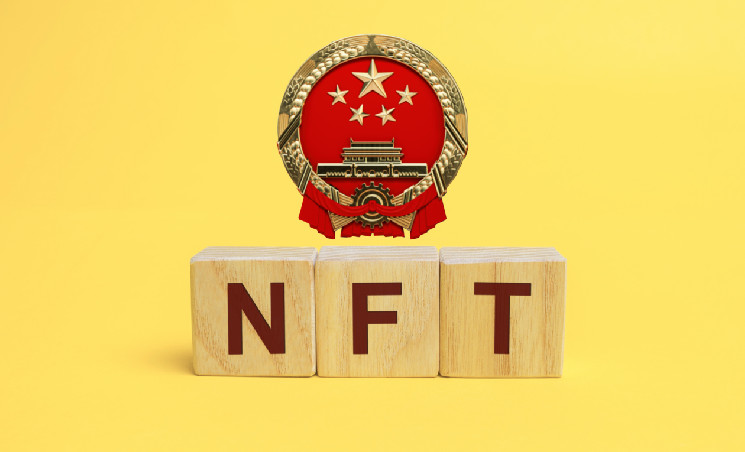Amid the hype around non-fungible tokens (NFTs) in 2022, buyers in China flooded the nation’s main regulator with complaints about scams and price manipulation, with official complaints surging 30,000% to 59,700 from 198 in 2021. The report on NFTs comes a day before the World Consumer Rights Day in China.
See related article: China’s diktat against NFT flipping spawns an ingenious industry
Fast facts
- Most complaints involved failure to receive items after purchase, refund issues, price manipulation, and high transaction fees, according to a report on the social media account of the State Administration for Market Regulation on Tuesday.
- The report precedes World Consumer Rights Day on March 15, an annual event where China’s media and authorities single out cases of market abuse. At the event last year, China’s watchdogs reported multiple cryptocurrency-related scams.
- Despite China’s ban on cryptocurrency trading, transactions in NFTs or digital collectibles are a gray area. State media and regulators criticise the financial risks posed by NFTs, while companies and policy makers try to tap the economic potential of the new asset class.
- As a result, China’s domestic NFT market is largely self regulated by the industry, which forbids secondary trading, even as an underground industry of NFT speculators develops at the same time.
- The authorities’ hard stance on NFT trading has taken its toll on the industry. Huanhe, the regulated NFT marketplace of China’s tech giant Tecent Holdings, will shut in June and has started refunding its users, according to Huanhe’s mobile app on March 9. There are also Chinese NFT platforms moving their businesses to Hong Kong over compliance concerns.
- The lack of regulatory clarity drew the attention of the country’s Two Sessions government meetings during March 4-13, with a Chinese parliament member proposing the establishment of a legal definition for digital collectibles and a regulatory framework for the industry.
See related article: China’s parliament member to propose NFT regulation at ‘Two Sessions’
 forkast.news
forkast.news
